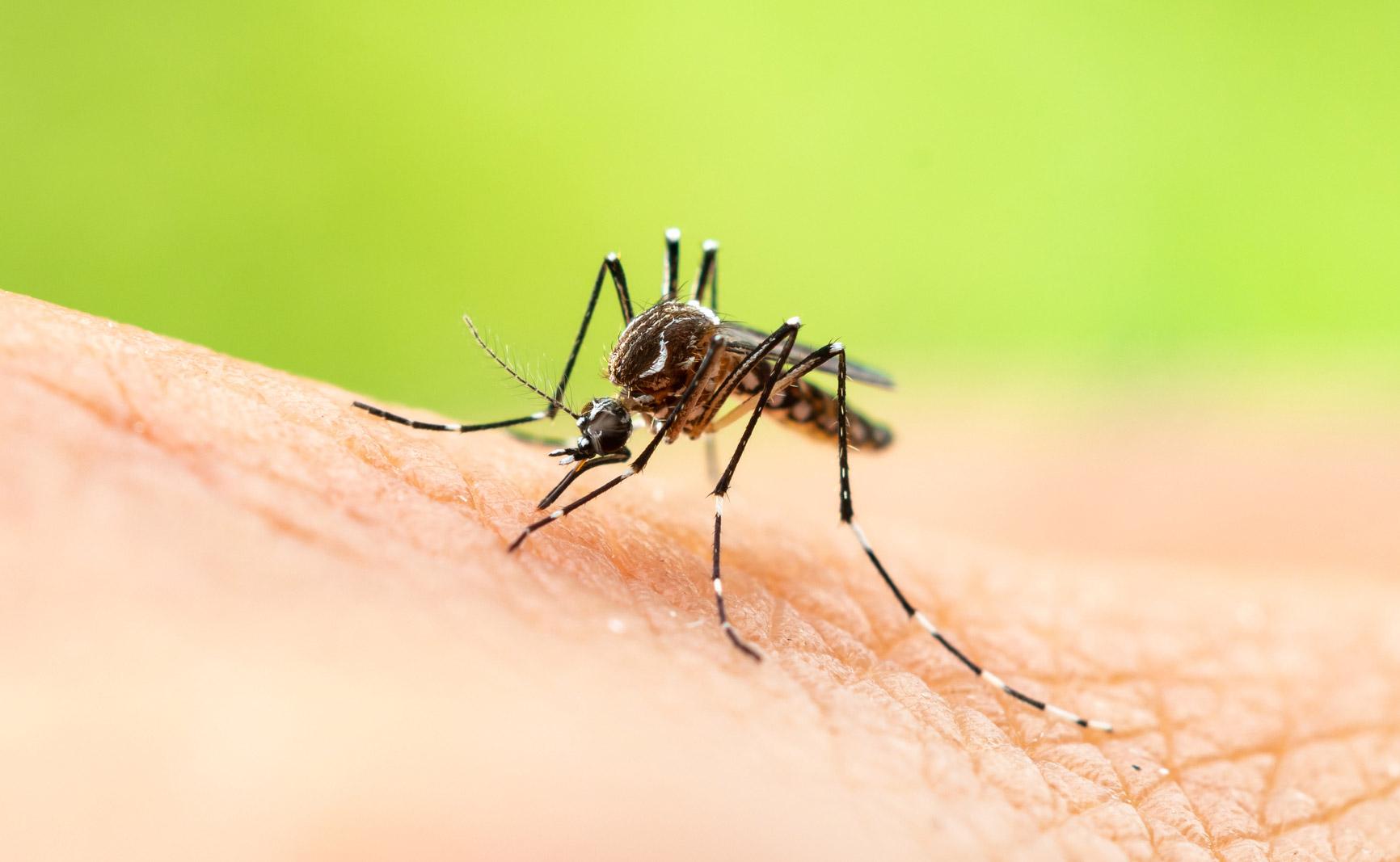
Mosquito Control
Tulsa Health Department vector program works to control mosquito populations during warm months, typically May through September.
Complaints
To place a complaint about mosquitoes in your area, please call 918-582-9355 or submit online.
Mosquito Surveillance Program
THD operates a mosquito surveillance program in order to confirm when West Nile virus is present in the community. Special mosquito traps are set in various locations throughout Tulsa County. Samples are collected and tested weekly for the presence of WNV. The Tulsa Health Department also works to control mosquito populations during the spring and summer. In a typical mosquito season, THD sprays hundreds of square miles for adult mosquitoes. The objective of the surveillance is to detect the presence of mosquitoes, determine abundance, species, make a risk assessment, and provide a basis for control. Control methods include larviciding and adulticiding when necessary.
View our latest data in our mosquito surveillance program, including weekly collection and WNV testing results.
You can help reduce the mosquito population by following a few simple steps:
- Dump out all standing water. This includes tires, flower pots, toys, bird baths, buckets, etc.
- Keep swimming pools clean and free of stagnant water.
- Change the water in birdbaths and flower pots at least two times per week.
- Refresh your pet's water bowl daily.
- Eliminate tall grass, weeds, vegetation and other mosquito resting places.
- Fill in holes or eliminate the water sources where mosquitoes may be breeding.
- Stock ornamental ponds with mosquito-eating fish.
- Encourage neighbors to eliminate mosquito breeding and resting sites on their property.
- Cover unused pools and/or hot tubs and make sure that the covers don’t hold water.
- Make sure doors and windows have tight-fitting screens in good repair.
- Clean clogged gutters and/or slope to downspouts.
- Screen rain barrels, openings to water tanks and any other water storage containers.
West Nile Virus is a type of encephalitis (flu-like) virus that can be transmitted by being bitten by an infected mosquito. THD monitors incidences of the West Nile Virus Surveillance by testing mosquitoes in our laboratory. WNV tests are conducted weekly. The Tulsa Health Department works closely with the Oklahoma State Department of Health and Oklahoma State University to monitor mosquito populations and all mosquito borne diseases. These collaborations ensure that the citizens of Tulsa County will receive the best mosquito protection available.
To help reduce your chance of being bitten by a mosquito carrying West Nile Virus, take the following precautions:
- Use insect repellent containing DEET.
- Avoid being outdoors in the early evening, dusk or dawn, when mosquitoes are most active.
- Wear long pants and long-sleeved shirts when outdoors when reasonable.
- Eliminate sources of standing water where mosquitoes can breed.
- Keep grass, weeds, shrubbery and other mosquito hiding places trimmed and free of debris.
